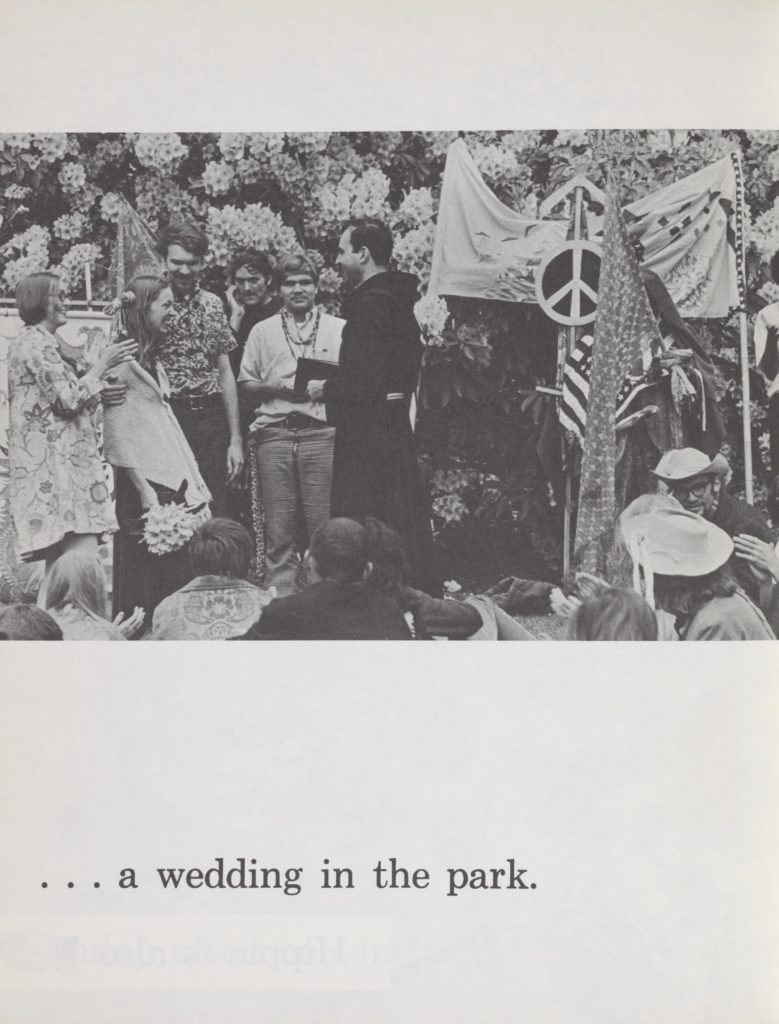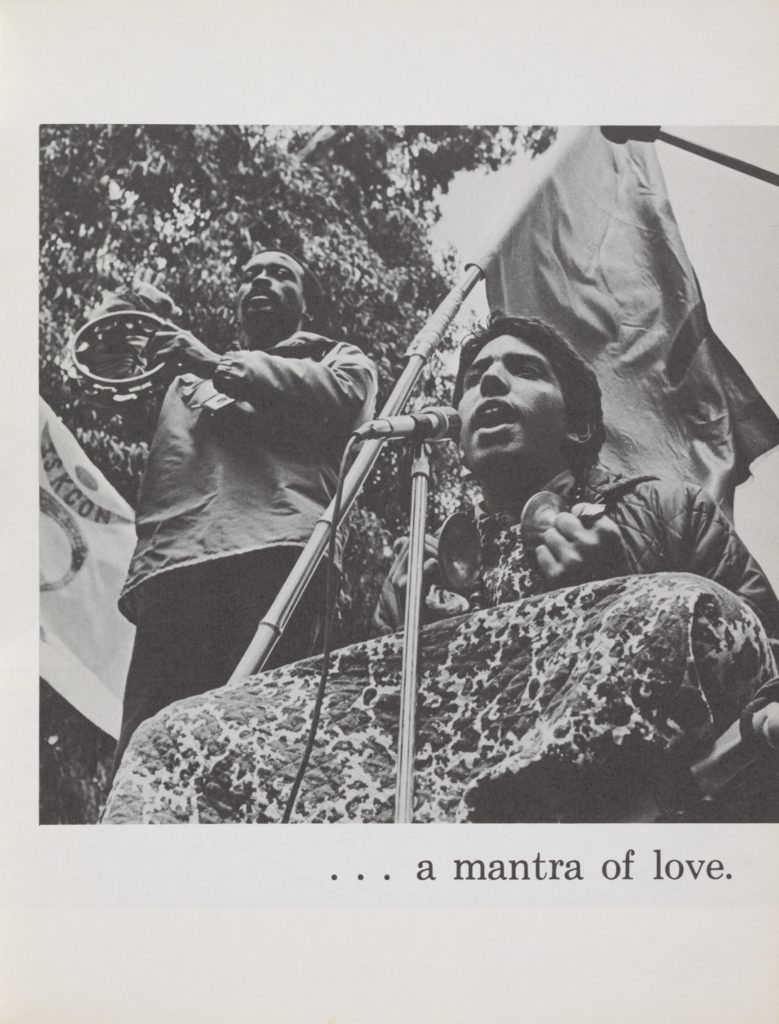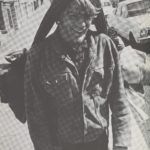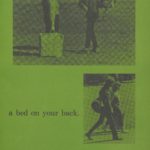“I’m not a professional photographer, I’m a political organizer. I happen to use the camera to tell the story of the work I do.”
—Bob Fitch, Civil Rights photographer, former GLIDE seminary intern, and author of Hippie Is Necessary
From the nostalgic perspective of this year’s 50th anniversary, San Francisco’s Summer of Love in 1967 can seem like a harmonious celebration of youth culture and creative alternative lifestyles. But the great influx of young people, popularly labeled hippies, from around the country that summer was controversial from the start.

GLIDE welcomed the hippies and, indeed, championed them as early as June 1967, when San Francisco city officials released a statement declaring their rejection of the youthful visitors, who had already begun congregating in the Haight-Ashbury neighborhood. In a press release, GLIDE’s Rev. Cecil Williams responded on behalf of GLIDE, defending the youthful arrivals and chastising the City for its unwelcoming response.
“We are very disturbed about the statement by the city officials which in essence rejected the pilgrims,” read the statement from Rev. Williams, “the Flower Children, who are coming to San Francisco this summer. As members of the Christian community, we are committed to the acceptance of all men whether they are on vacation, attending conventions, or seeking a new community.”
As the hippies gained prominence in the Haight-Ashbury and throughout the city, GLIDE saw an opportunity to celebrate “the beautiful people” by publishing a look into their lives. The Glide Urban Center, which was then a center for GLIDE’s advocacy work on a range of pressing social issues, commissioned Bob Fitch, a GLIDE seminary intern and later a major civil rights photographer, to create a photo essay about the hippies, which was eventually published under the title Hippie Is Necessary. The introduction to the essay explains further:
“In the last few years, Glide has intentionally gravitated toward cultural movements with major ramifications for the people—present and future. In the last year, the people who have caught Glide’s attention have been “the hippies”—as branded by the popular press. During the year the hippies have captured international interest—and have regularly confounded Glide. Glide believes that hippie developments in the Bay Area may have long range ramifications for everyone. As another step in making current trends and history self-conscious, we invited Bob Fitch to engage the new community and say in photos and text what he wants to say. His conclusion is that ‘hippie is necessary’.”
To further protest the city’s rejection of the hippies, GLIDE hosted a special Sunday Celebration entitled “Born Free.” The service featured radical poet Lenore Kandel, who read her banned poem “Circus,” and nightclub singer Ann Weldon singing “Born Free.”
In his sermon that day, Rev. Williams urged that hippies be accepted as they are, even if they looked different than what GLIDE members were used to at the time, because “the meaning of being a free man is that we no longer have to worry about how men look.”
Hippie Is Necessary is archived at Stanford University Libraries along with Bob Fitch’s other work. Fitch photographed a number of other programs related to GLIDE, including the Black People’s Free Store, and Huckleberry House for Runaways—both projects that were sponsored by the Glide Urban Center.


More of Bob Fitch’s work with Glide’s early programs, along with a diverse selection of other photos and artifacts from the Summer of Love, are now displayed in GLIDE’s Creative Space at our 330 Ellis Street location. This exhibit is, as always, free and open to the public.


